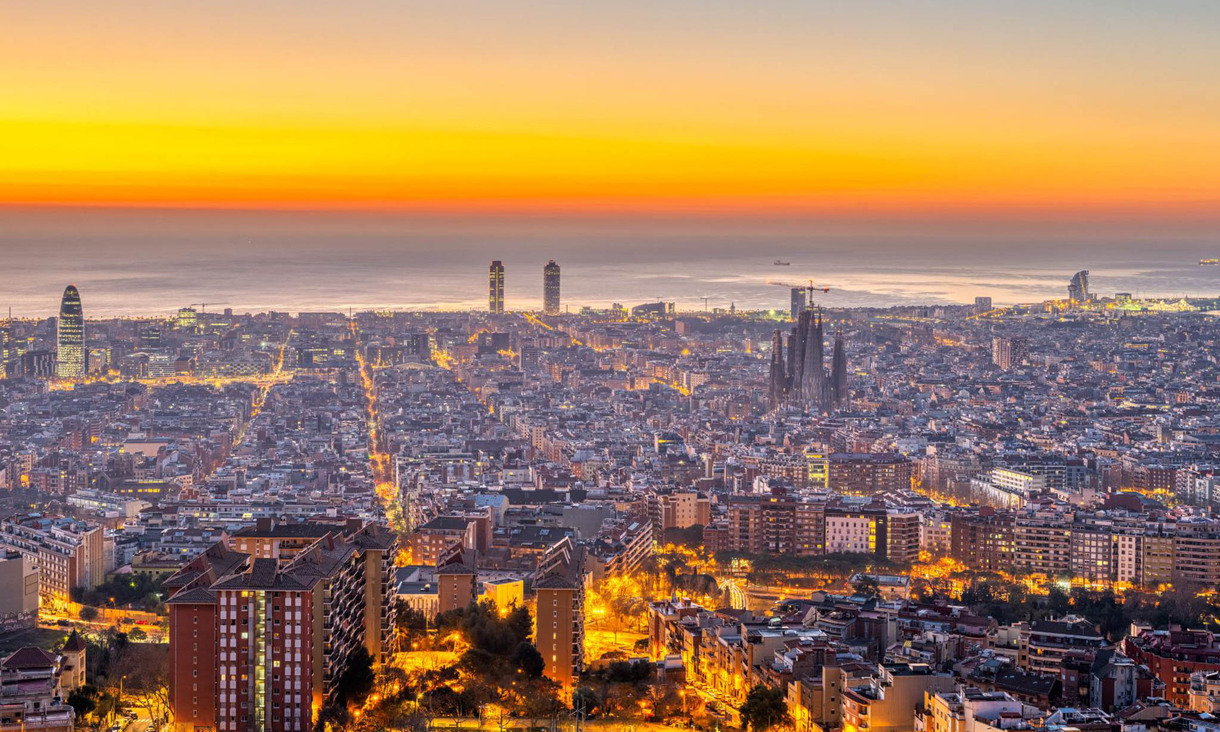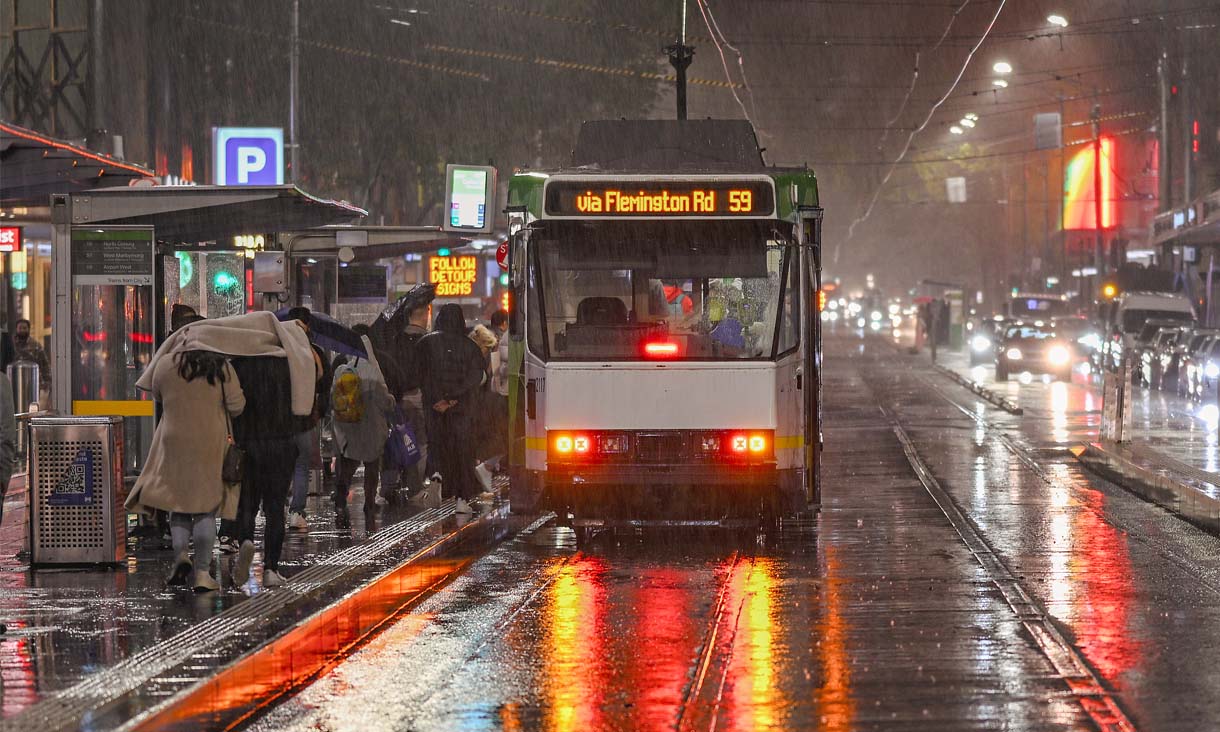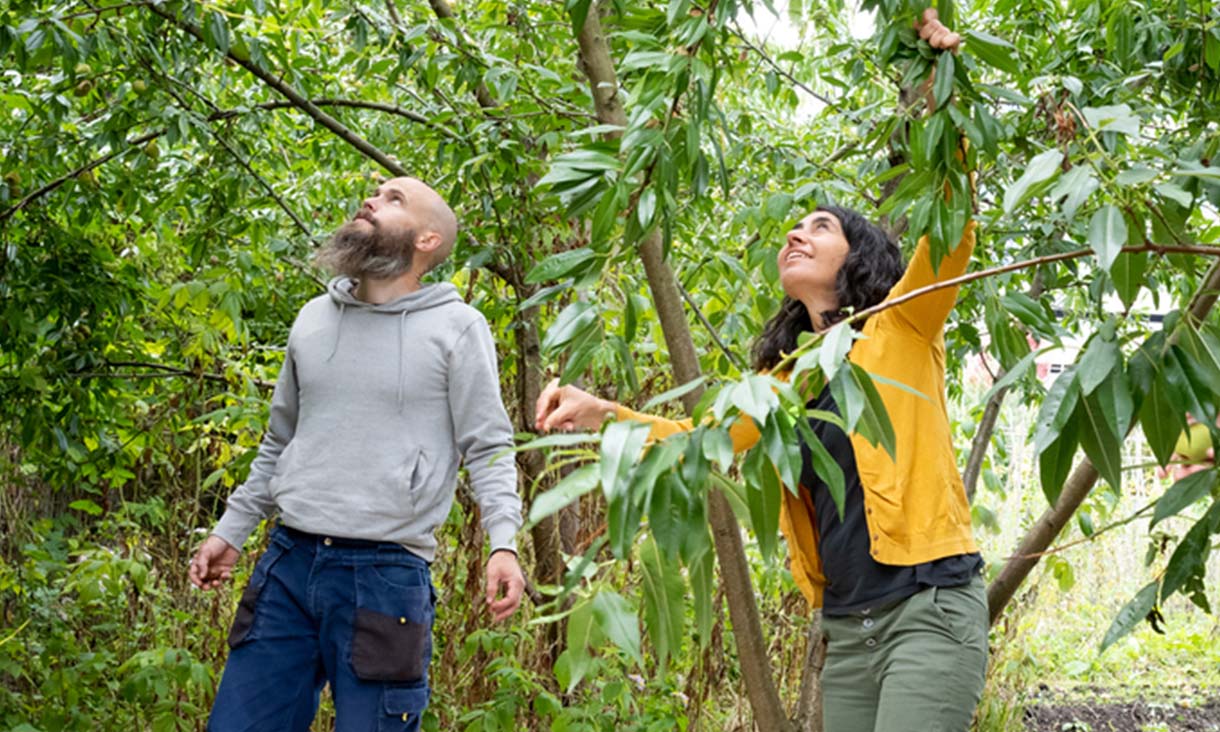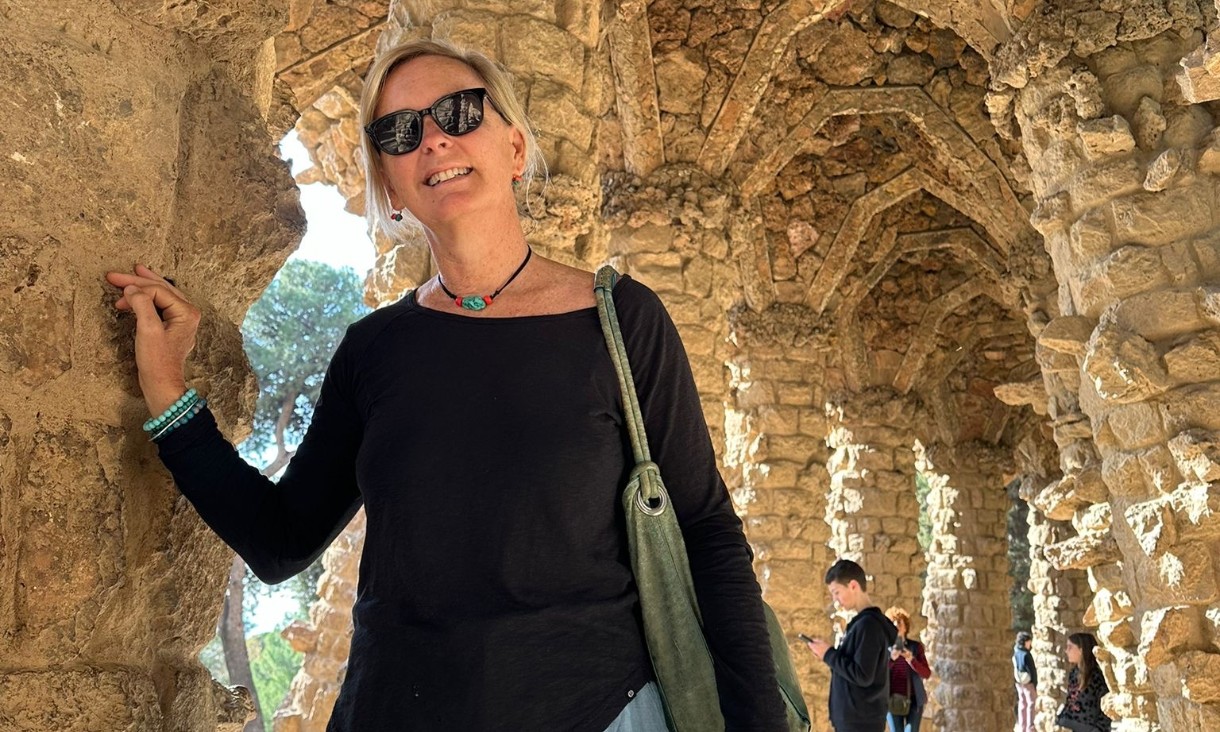The new Transport Health Assessment Tool for Melbourne (THAT-Melbourne) calculates the health benefits that come from swapping car trips to walking, cycling or a combination of both.
It is a tool designed for government, policymakers and urban dwellers to better understand the health implications of transport decision-making.
Sitting within the ground-breaking RMIT developed digital platform, the Australian Urban Observatory, THAT-Melbourne is freely available to the public.
Project lead, Dr Lucy Gunn from the RMIT Centre for Urban Research, said the tool addressed a large gap in knowledge that could hopefully lead to better transport planning and investment.
“We know physical inactivity increases the risk of early death and chronic disease, yet less than half the Australian adult population meet recommended levels of physical activity,” she said.
“One way of increasing physical activity is to walk and cycle and to do this for short trips, which are often undertaken by car.
“The health benefits of doing this are often overlooked in strategic transport planning because they are challenging to estimate, and our tool fills this gap.
“THAT-Melbourne calculates the estimated health benefits that come from swapping short car trips with walking, cycling or a combination of both.
“Having a way to estimate the health benefits from walking and cycling and to show what the impact is in terms of the reduction to chronic disease incidence and mortality provides vital evidence for business cases and for advocating for active transport infrastructure for cyclists and pedestrians.
There are also implications for planning, infrastructure and health more broadly, said RMIT Vice-Chancellors Fellow Dr Belen Zapata-Diomedi, who led the modelling work.
“The health impacts are assessed through 20 different scenarios where short car trips for a range of purposes – work, school, shopping, leisure – are replaced with walking, cycling or a combination of both,” she said.
“Once a scenario is selected, the results show the impact on seven chronic diseases including stroke, ischaemic heart disease, diabetes type 2, colon and lung cancer and also for females, breast and uterine cancer.
“For each scenario, the tool shows incidence, mortality and health benefits in terms of life years and health-adjusted life years – which are broad measures of health that include quality of life.
“The tool shows that if Melburnians undertook more short trips by walking or cycling there would be less chronic diseases and better quality of life in the longer term.
“But that’s also why it’s important to be measuring it now, as understanding and quantifying these benefits will hopefully help policy-makers and practitioners as well as individuals understand the health benefits that come from being more physically active.
“Hopefully the results of our tool can be used to advocate for more investment in active travel infrastructure to help make our cities and neighbourhoods healthier and more liveable.”
THAT-Melbourne was developed as part of a larger research partnership project with the Victorian Department of Transport and was funded by an RMIT University Enabling Capability Platform Opportunity Fund on Research Translation and Impact and with in-kind support from the Victorian Department of Transport.
Story: Chanel Koeleman




